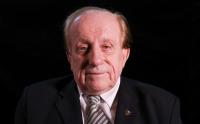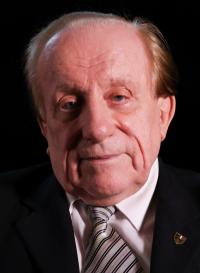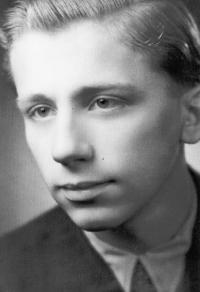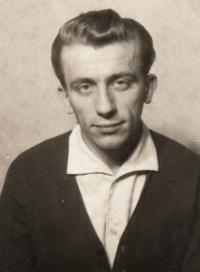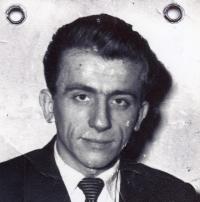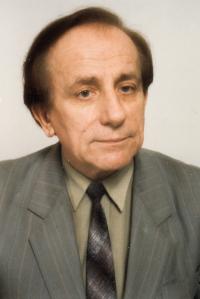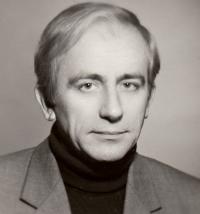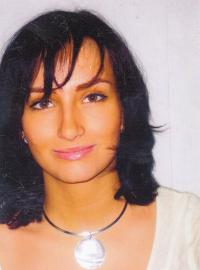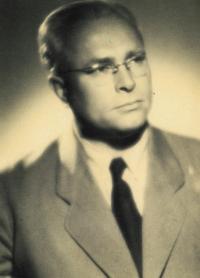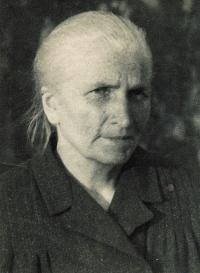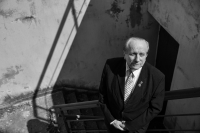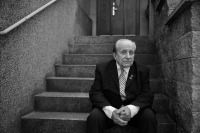It was hard but I have survived
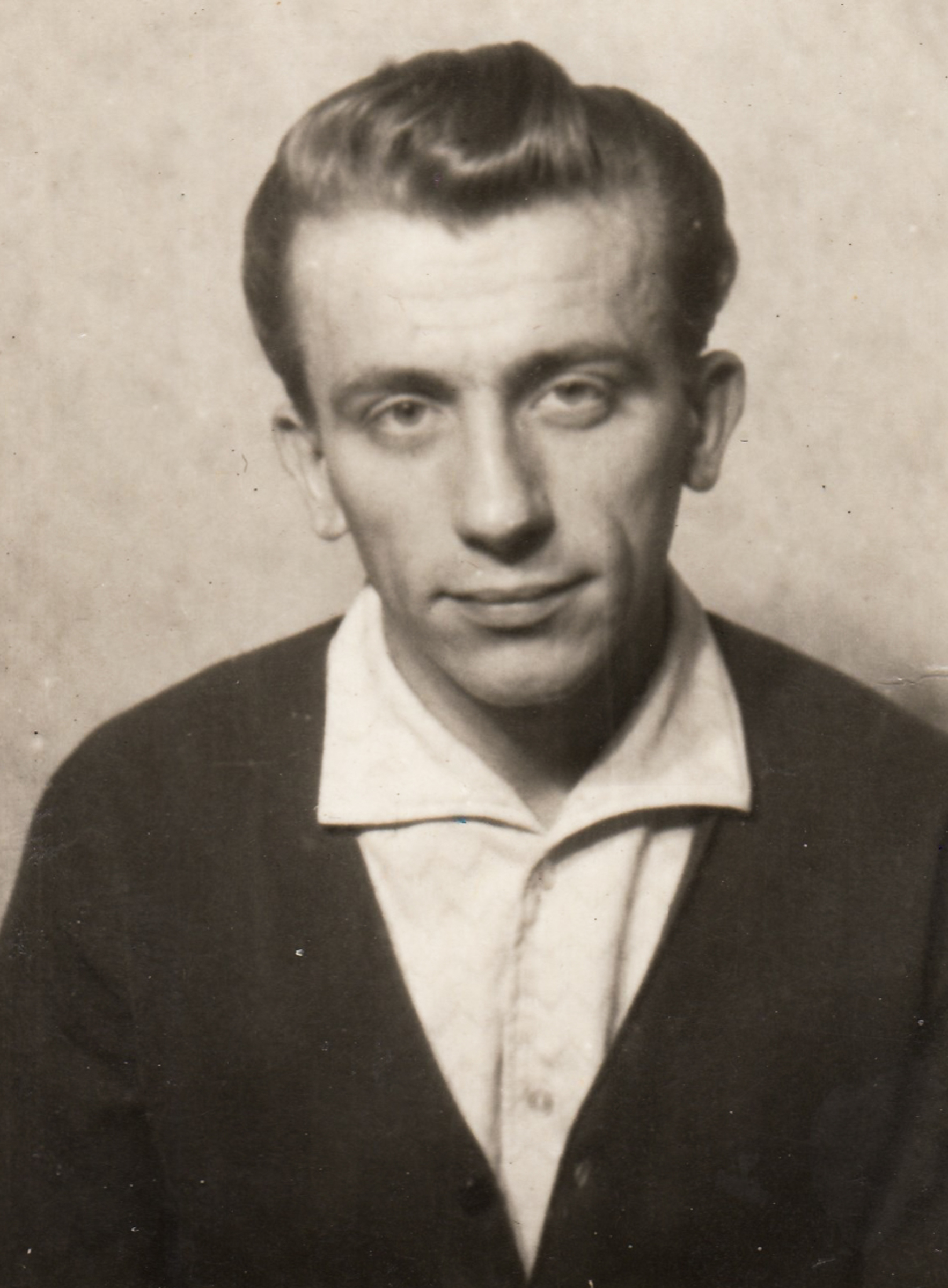
Download image
Vladimír Stehlík was born on March 23, 1934, in Brno. In 1953 he was expelled from Chemical-Technological University in Pardubice, reason being his disapproval of the communist regime. He returned to Brno and found a job as a turner. With his friends, they established a resistance group and their ambition was to fight communism. They stole a car, a motorcycle and tried to get hold of some weapons. Eventually he was arrested and sentenced to three years in prison for subversion of the regime. He assembled radios so that he could listen to channels in Western countries. In 1956 he was about to set on fire the Brno-based jammer of Radio Free Europe. Shortly before the act he was arrested again as some of his friends were informers of the Secret Police. He was sentenced to uranium mines, where he laboured until 1961. He then joined Brno Paperworks as a labourer. In 1968 he was active in the Prague Spring process, became a member of the Czechoslovak Socialist Party and believed that democratic changes in society would take place. The Soviet invasion of the country in 1968 was a major disappointment for him. Secretly he met people who were persecuted during the normalisation period. In 1989 he was one of the founders of the Civic Forum in Brno. In the early 1990s he was elected a mayor of the municipal part Brno 4.
